The hit musical based on the life of Evita Duarte, a B-movie Argentinian actress who eventually became the wife of Argentinian president and dictator Juan Perón, and the most beloved […]
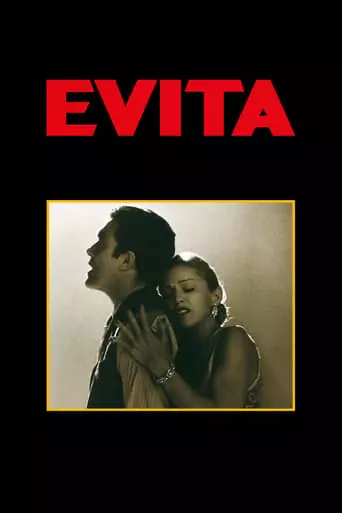
The hit musical based on the life of Evita Duarte, a B-movie Argentinian actress who eventually became the wife of Argentinian president and dictator Juan Perón, and the most beloved […]
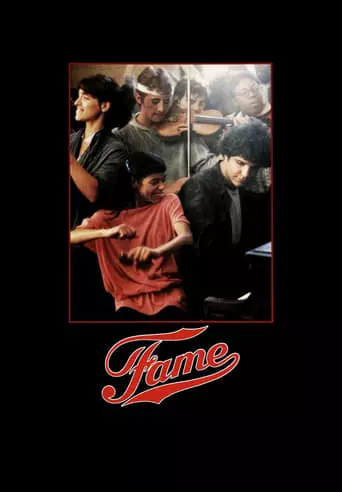
A chronicle of the lives of several teenagers who attend a New York high school for students gifted in the performing arts.
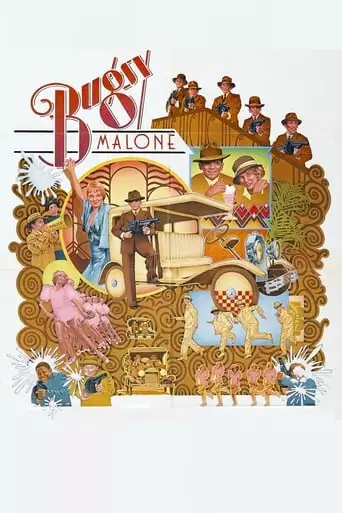
New York, 1929, a war rages between two rival gangsters, Fat Sam and Dandy Dan. Dan is in possession of a new and deadly weapon, the dreaded “splurge gun”. As […]
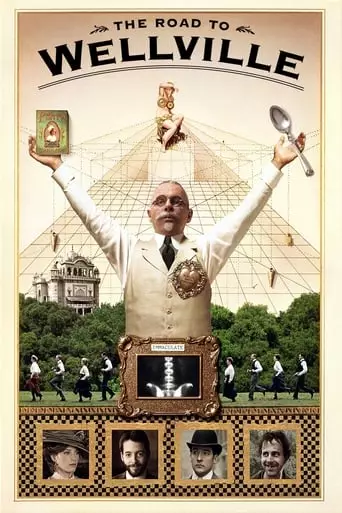
An unhappy young couple visit the infamous Kellogg spa in Battle Creek, Michigan while a young hustler tries get into the breakfast-cereal business and compete against John Kellogg’s corn flakes.

Based on the best selling autobiography by Irish expat Frank McCourt, Angela’s Ashes follows the experiences of young Frankie and his family as they try against all odds to escape […]
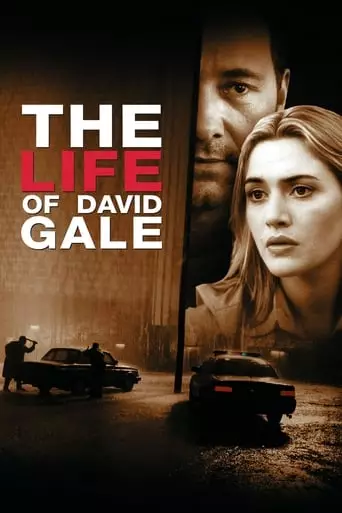
A man against capital punishment is accused of murdering a fellow activist and is sent to death row.
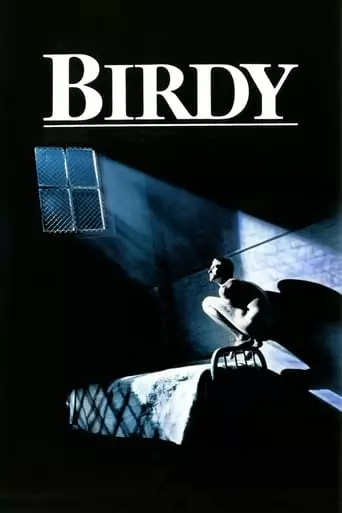
Two young men are seriously affected by the Vietnam war. One of them has always been obsessed with birds – but now believes he really is a bird, and has […]
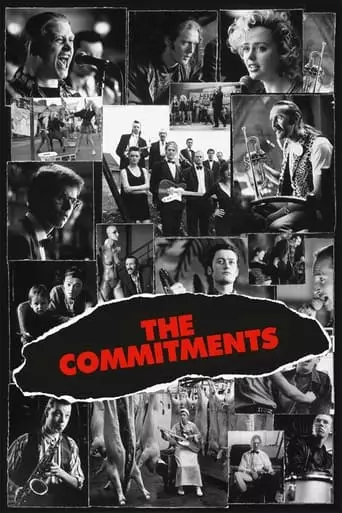
Jimmy Rabbitte, just a tick out of school, gets a brilliant idea: to put a soul band together in Barrytown, his slum home in north Dublin. First he needs musicians […]
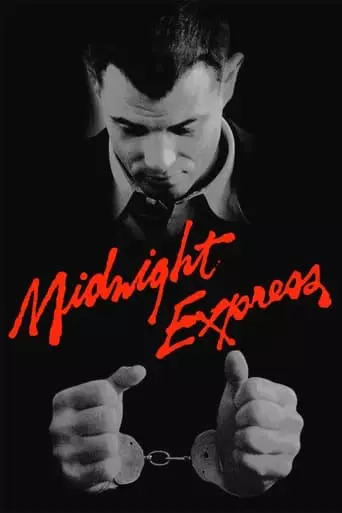
Billy Hayes is caught attempting to smuggle drugs out of Turkey. The Turkish courts decide to make an example of him, sentencing him to more than 30 years in prison. […]
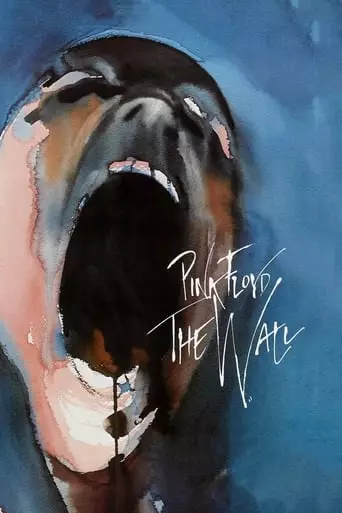
A troubled rock star descends into madness in the midst of his physical and social isolation from everyone.
Alan Parker: A Filmmaker of Grit, Style, and Musical Genius
Alan Parker was a British filmmaker renowned for his extraordinary versatility, compelling storytelling, and masterful visual style. Across a career that spanned over three decades, Parker directed films that delved into intense drama, biting satire, and joyous musical celebration. Known for his meticulous approach to filmmaking, he delivered unforgettable works such as Midnight Express (1978), Fame (1980), Pink Floyd – The Wall (1982), and Mississippi Burning (1988).
Parker’s ability to immerse audiences in vividly crafted worlds, combined with his unflinching exploration of controversial subjects, made him one of the most distinctive directors of his generation.
Early Life and Career Beginnings
Born on February 14, 1944, in Islington, London, Alan Parker began his creative journey in advertising. Starting as a copywriter and eventually transitioning to directing commercials, Parker developed a knack for crafting engaging visual narratives. His experience in advertising laid the foundation for his cinematic storytelling, emphasizing clear communication and striking imagery.
Parker’s early success in television led to the release of his first feature film, Bugsy Malone (1976). A wildly inventive musical parody of gangster films, the movie featured an all-child cast, including a young Jodie Foster. Despite its unconventional premise, Bugsy Malone became a critical and commercial hit, winning multiple BAFTA awards and marking Parker as a director to watch.
A Career of Bold Choices
Midnight Express (1978)
Parker’s breakout moment came with Midnight Express, a harrowing drama based on Billy Hayes’ memoir about his imprisonment in a Turkish jail. The film was both critically acclaimed and controversial, earning six Academy Award nominations and winning two, including Best Adapted Screenplay for Oliver Stone.
With its gripping storytelling, evocative visuals, and a haunting score by Giorgio Moroder, Midnight Express cemented Parker’s reputation as a fearless filmmaker capable of tackling dark, provocative material.
Fame (1980)
In Fame, Parker turned his attention to the lives of aspiring artists at a performing arts high school in New York City. The film blended gritty realism with exhilarating musical performances, capturing the passion, struggle, and exuberance of young talent. Fame was a cultural phenomenon, earning two Academy Awards and inspiring a long-running television series and stage adaptations.
Pink Floyd – The Wall (1982)
A bold and visually surreal adaptation of Pink Floyd’s rock opera, The Wall explored themes of alienation, trauma, and rebellion. Parker’s visionary direction, paired with Gerald Scarfe’s animation, created a haunting cinematic experience. While polarizing at the time of its release, the film has since achieved cult status, celebrated for its boundary-pushing artistry.
Mississippi Burning (1988)
A searing exploration of racial injustice in 1960s America, Mississippi Burning starred Gene Hackman and Willem Dafoe as FBI agents investigating the murder of civil rights activists. The film’s unflinching portrayal of systemic racism and violence drew both acclaim and criticism. It earned seven Academy Award nominations, with Parker himself receiving a nod for Best Director, and won for Best Cinematography.
The Commitments (1991)
Parker returned to his musical roots with The Commitments, a spirited tale of an Irish soul band striving for success in working-class Dublin. The film’s infectious energy, sharp humor, and incredible music resonated with audiences worldwide, making it one of the most beloved films of Parker’s career.
Evita (1996)
Adapting Andrew Lloyd Webber and Tim Rice’s musical, Parker directed Evita, starring Madonna as the iconic Eva Perón. The film showcased Parker’s mastery of the musical genre, earning praise for its lush visuals and Madonna’s performance. Evita won the Academy Award for Best Original Song (“You Must Love Me”).
Themes and Style
Parker’s films often tackled difficult and complex themes, including justice (Midnight Express), racism (Mississippi Burning), and the human cost of ambition (Fame). His storytelling combined raw emotional power with visual sophistication, creating a unique blend of style and substance.
A hallmark of Parker’s work was his meticulous attention to detail. Whether choreographing a musical sequence or recreating historical events, he brought authenticity and depth to every frame.
Legacy
Alan Parker’s filmography is a testament to his versatility and fearlessness as a director. He excelled in multiple genres, from musicals to hard-hitting dramas, and consistently delivered films that provoked thought and inspired discussion.
Parker was also a staunch advocate for the film industry, serving as Chairman of the British Film Institute and the UK Film Council. In recognition of his contributions to cinema, he was knighted in 2002.
After retiring from filmmaking in 2003, Parker remained a revered figure in the film community until his passing on July 31, 2020.
Conclusion
Alan Parker was a filmmaker who never shied away from a challenge. Whether navigating the complexities of human emotion or bringing larger-than-life musical performances to the screen, Parker approached every project with passion and precision. His films remain a vital part of cinematic history, celebrated for their artistic ambition, emotional resonance, and enduring cultural impact.